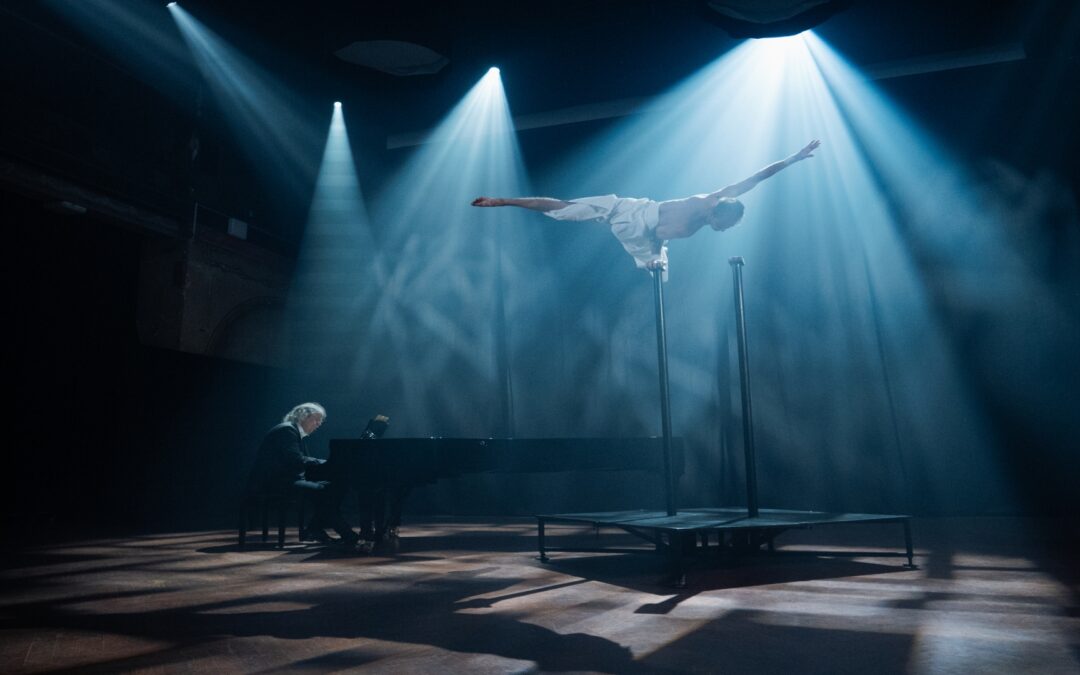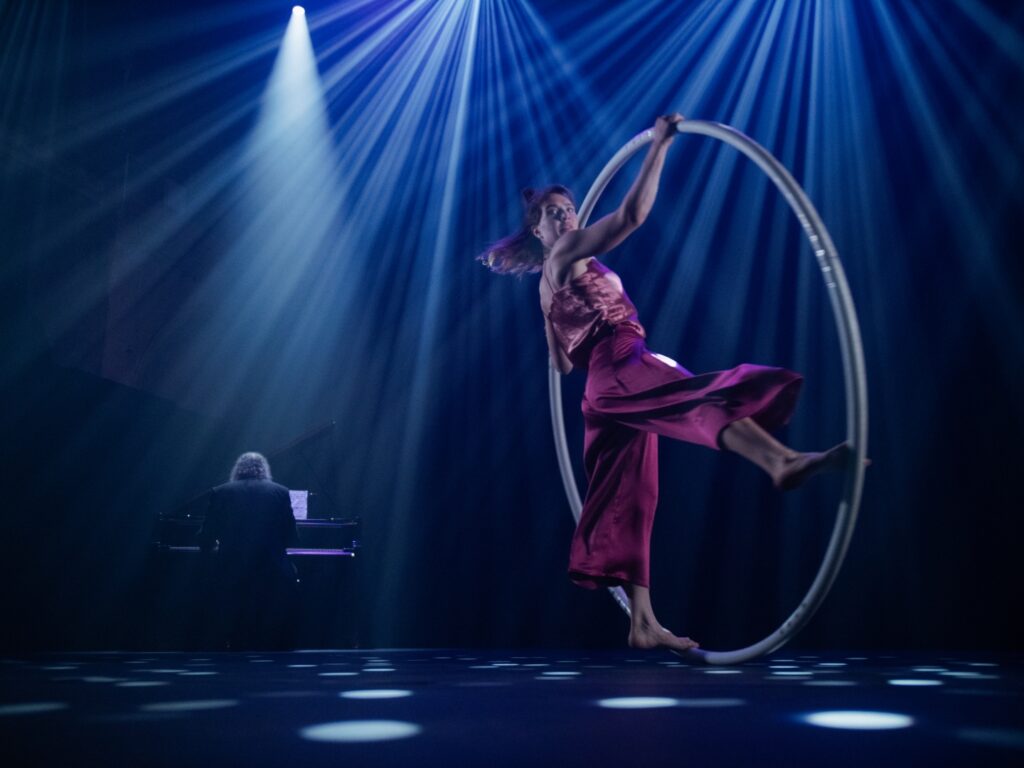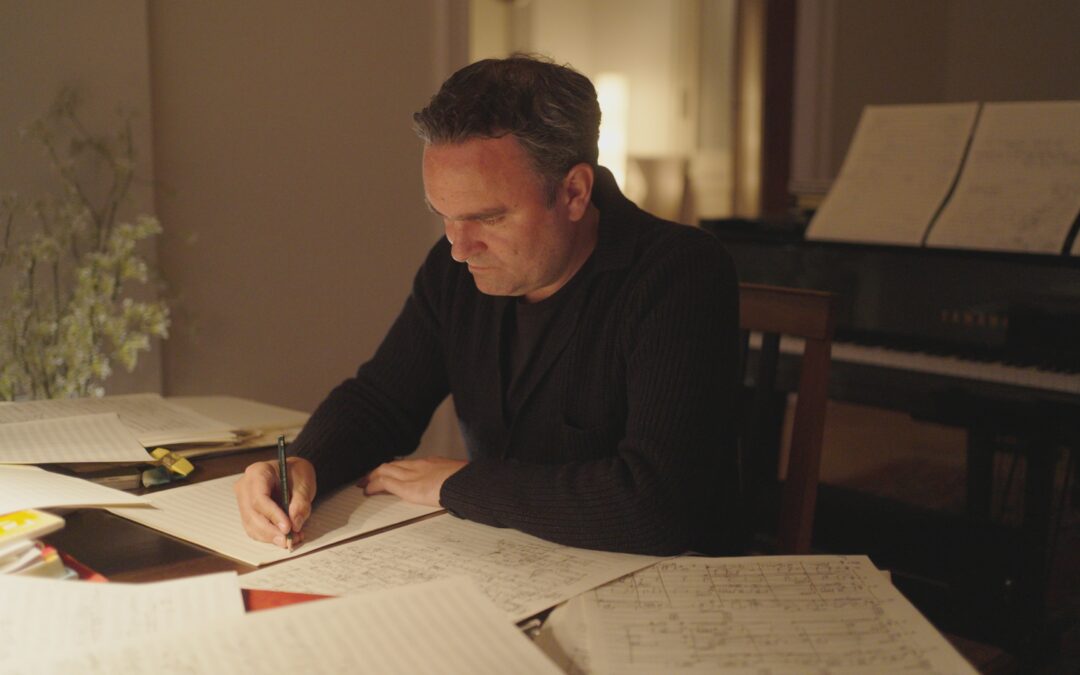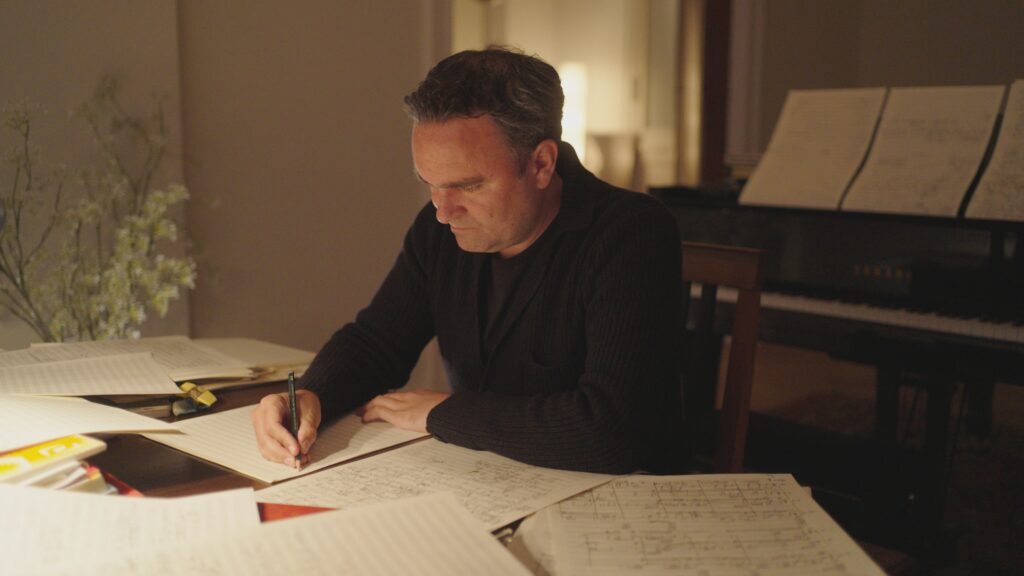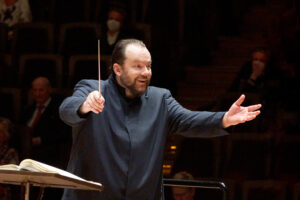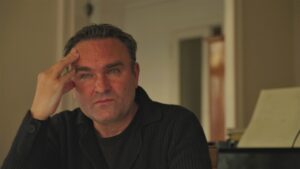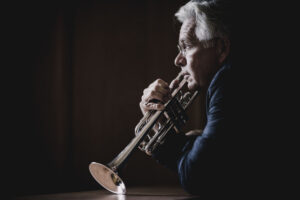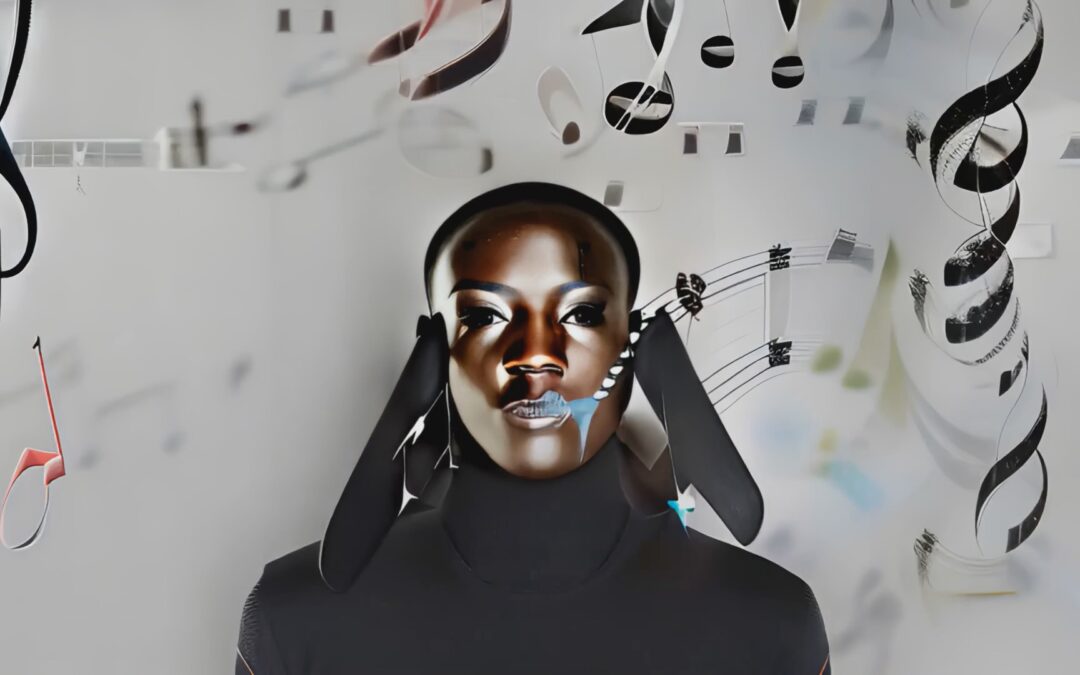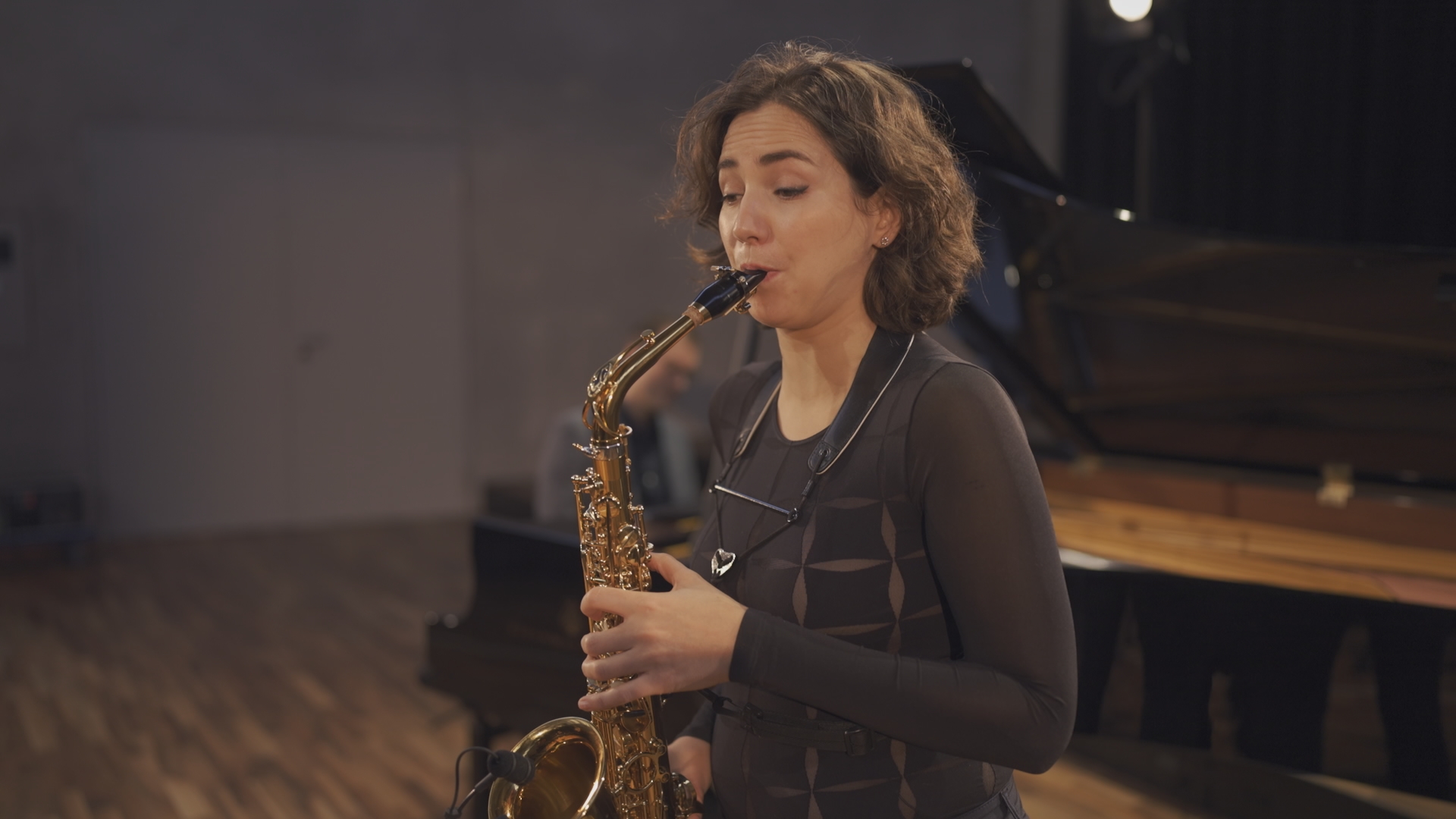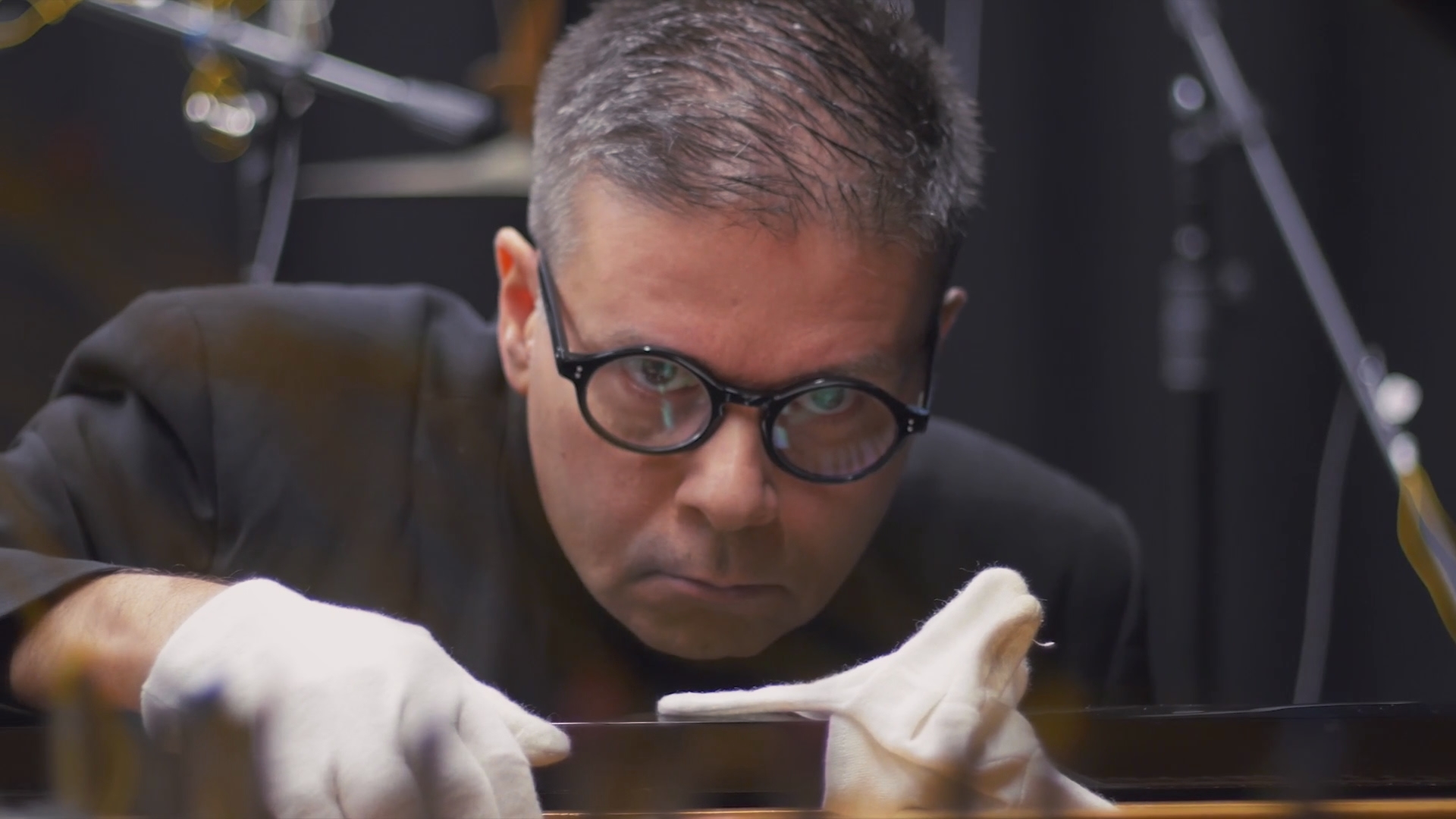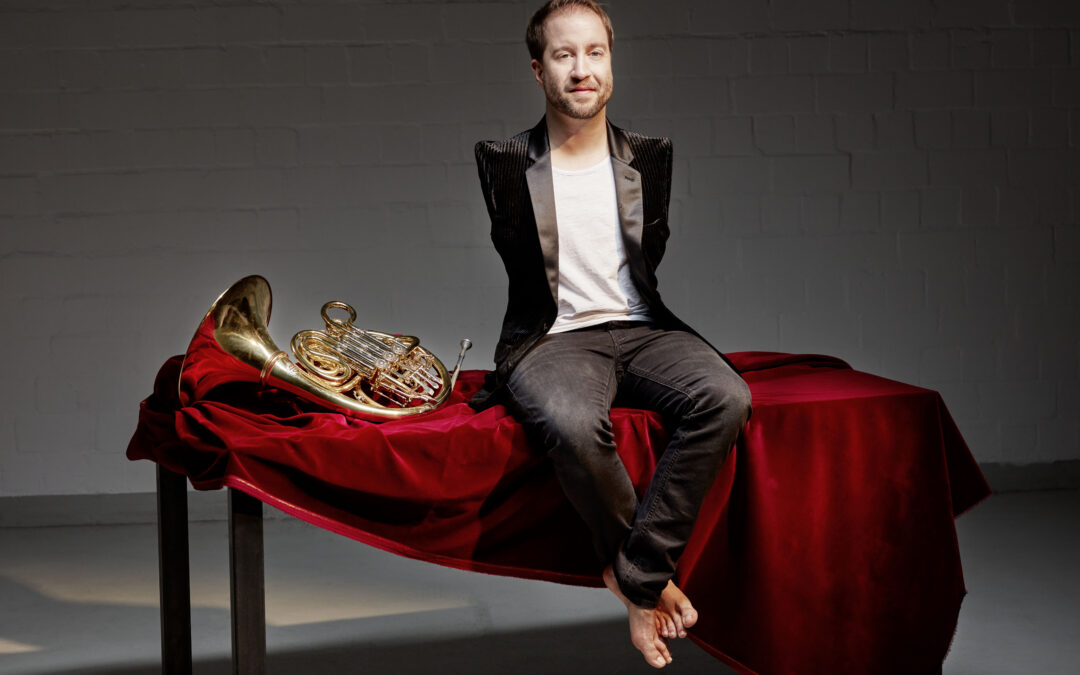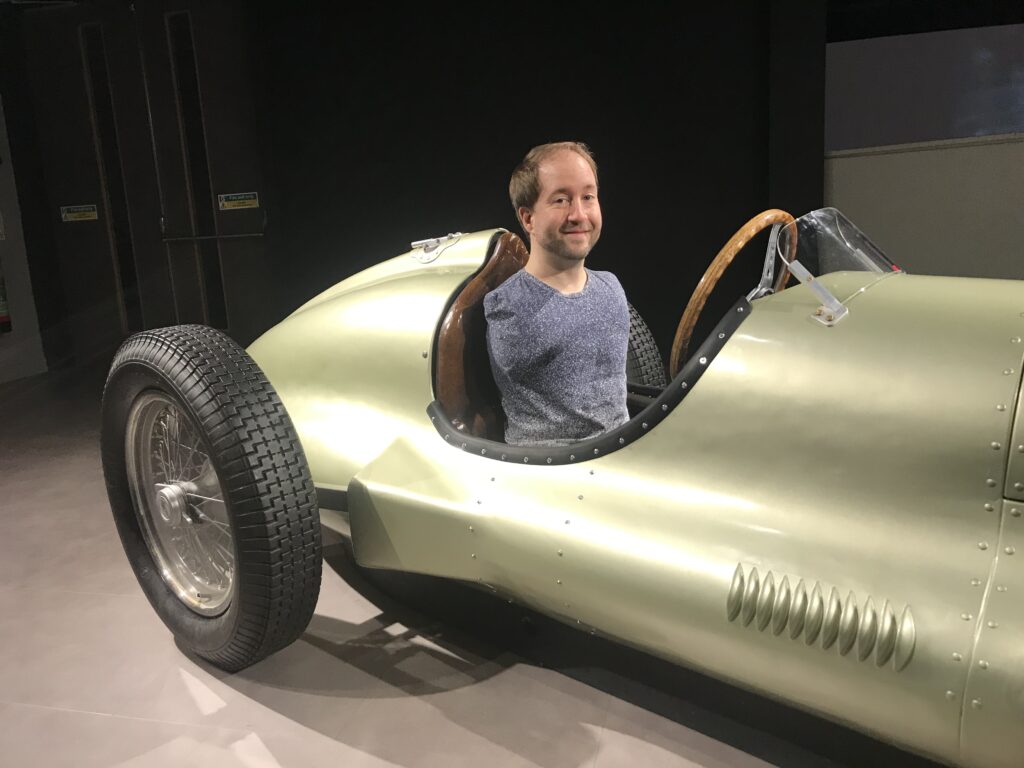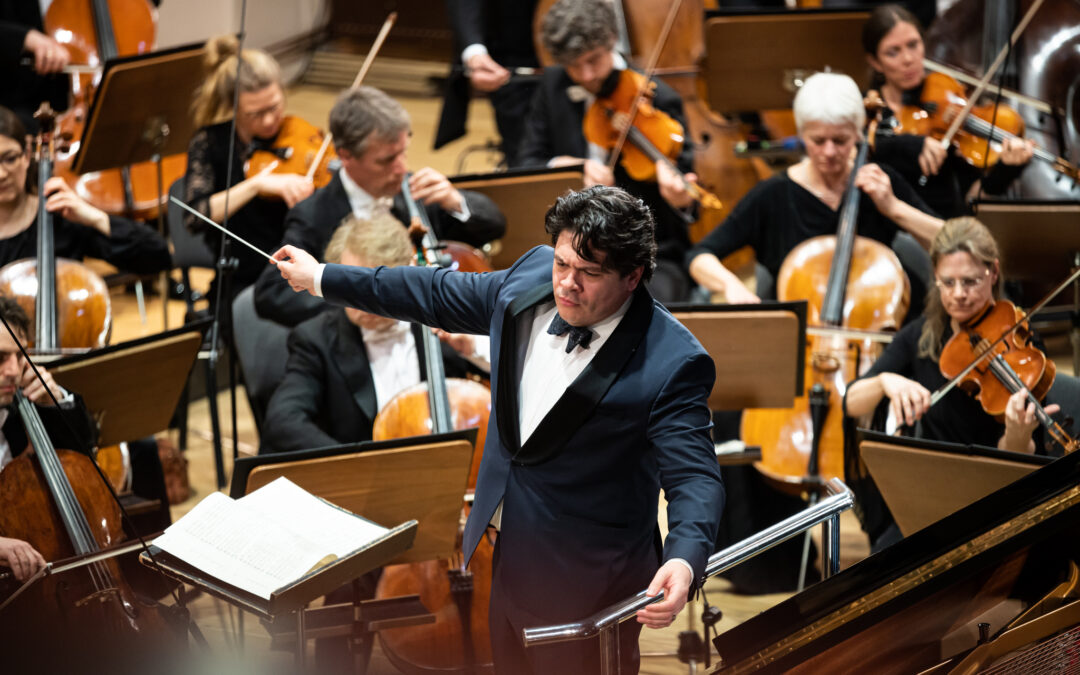
Cristian Măcelaru and Brahms in Timișoara
Cristian Măcelaru and Brahms in Timișoara
A film by Claus Wischmann, 43 min, WDR/ARTE 2023For Cristian Măcelaru, it’s special playing in front of a home crowd. The Chief Conductor of the WDR Symphony Orchestra is travelling with his orchestra to the European Capital of Culture 2023. Cristian grew up in Timișoara, Romania, as the youngest of ten children. Now he is returning as a star. Together with the orchestra and pianist Simon Trpčeski, they will perform Johannes Brahms’ Piano Concerto No. 2.
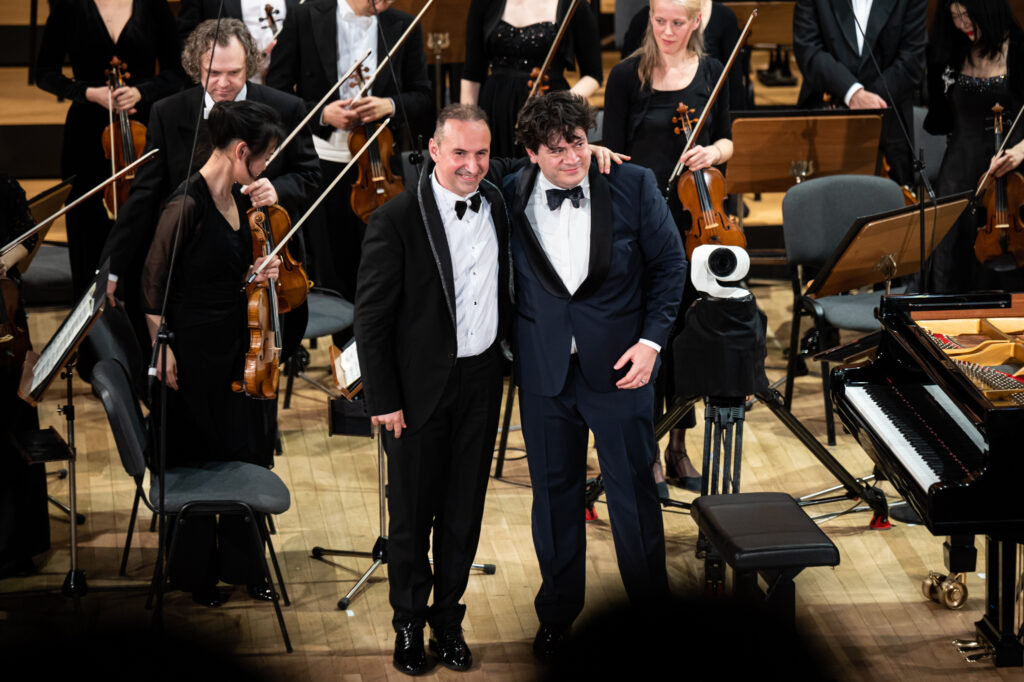
Cristian Măcelaru left Romania at the age of just seventeen to seek success in the USA and Europe. It wasn’t long before he made a name for himself as a violinist and conductor. Since 2020, he has been Music Director of the Orchestre National de France and Chief Conductor of the WDR Symphony Orchestra. In this music documentary, we follow Măcelaru as he returns to Timișoara in Romania, accompanied by his orchestra from Cologne. The programme includes the Second Piano Concerto by Johannes Brahms. As pianist, Măcelaru has chosen the celebrated Simon Trpčeski, who is also a friend and companion.
Timișoara is situated close to Hungary. The third largest city in Romania is a cultural melting pot with striking architecture that has earned it the nickname of “Little Vienna”. Cristian Măcelaru grew up here as the youngest of ten children, each of whom had to learn an instrument with the aim of bolstering their father’s church orchestra. “We all played an instrument – one the violin, another the cello. My mother played the flute and we all sang. It was a genuine cacophony.”
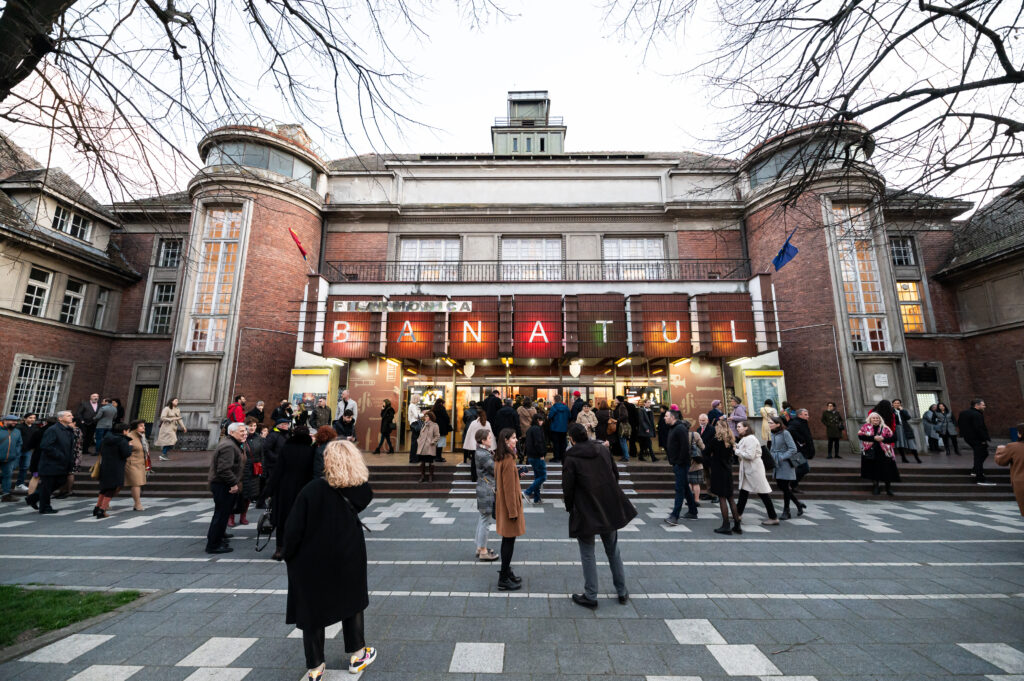
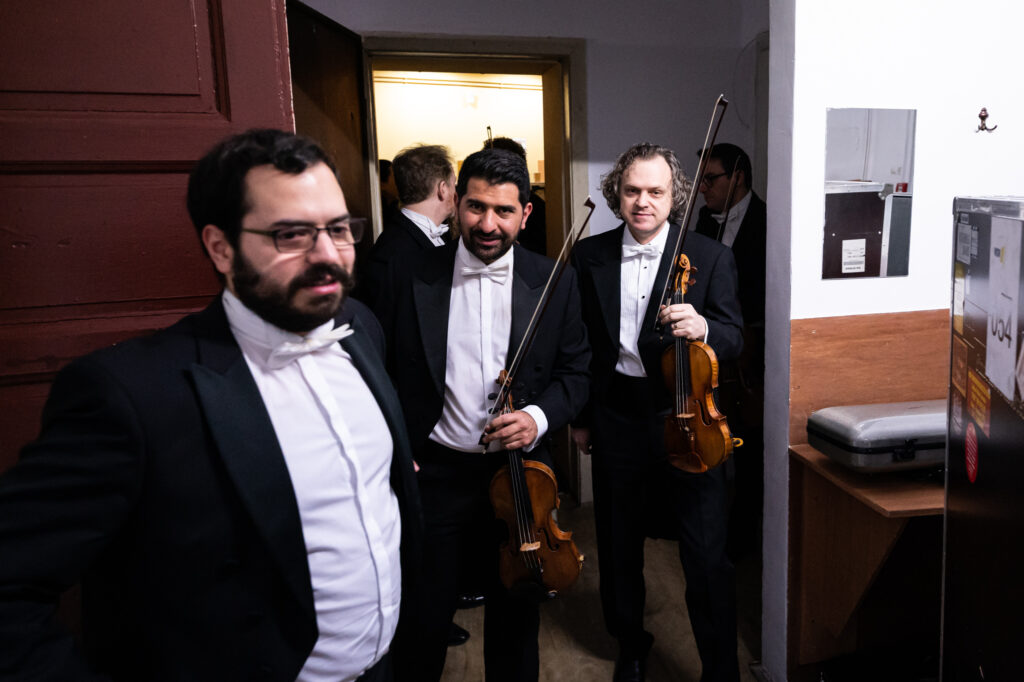
The film accompanies Cristian Măcelaru, horn player Melanie Pschorr and pianist Simon Trpčeski during their rehearsals and in the concert. The Timișoara Philharmonic Hall is a former cinema and is barely capable of hosting an eighty-person orchestra, creating a challenge for the orchestra attendants, musicians and conductor.
During a personal tour of the city, Cristian Măcelaru recounts the moving story of the Romanian revolution, which had its origins in Timișoara. We also experience the international star conductor as a private person together with his extended family as he celebrates his birthday, visits the most beautiful places in the city and tells rich tales of revolutions and the casualties of history.



